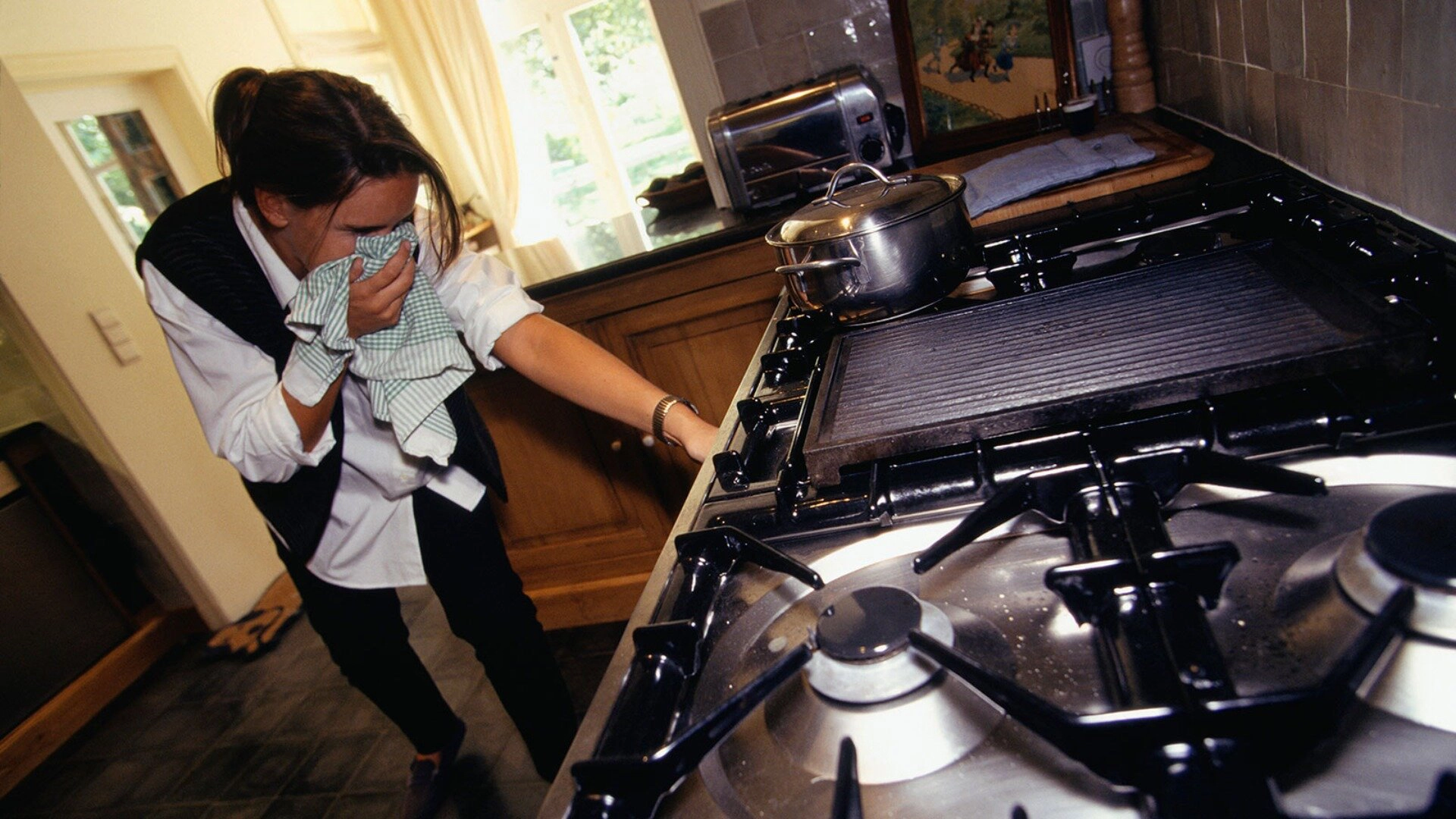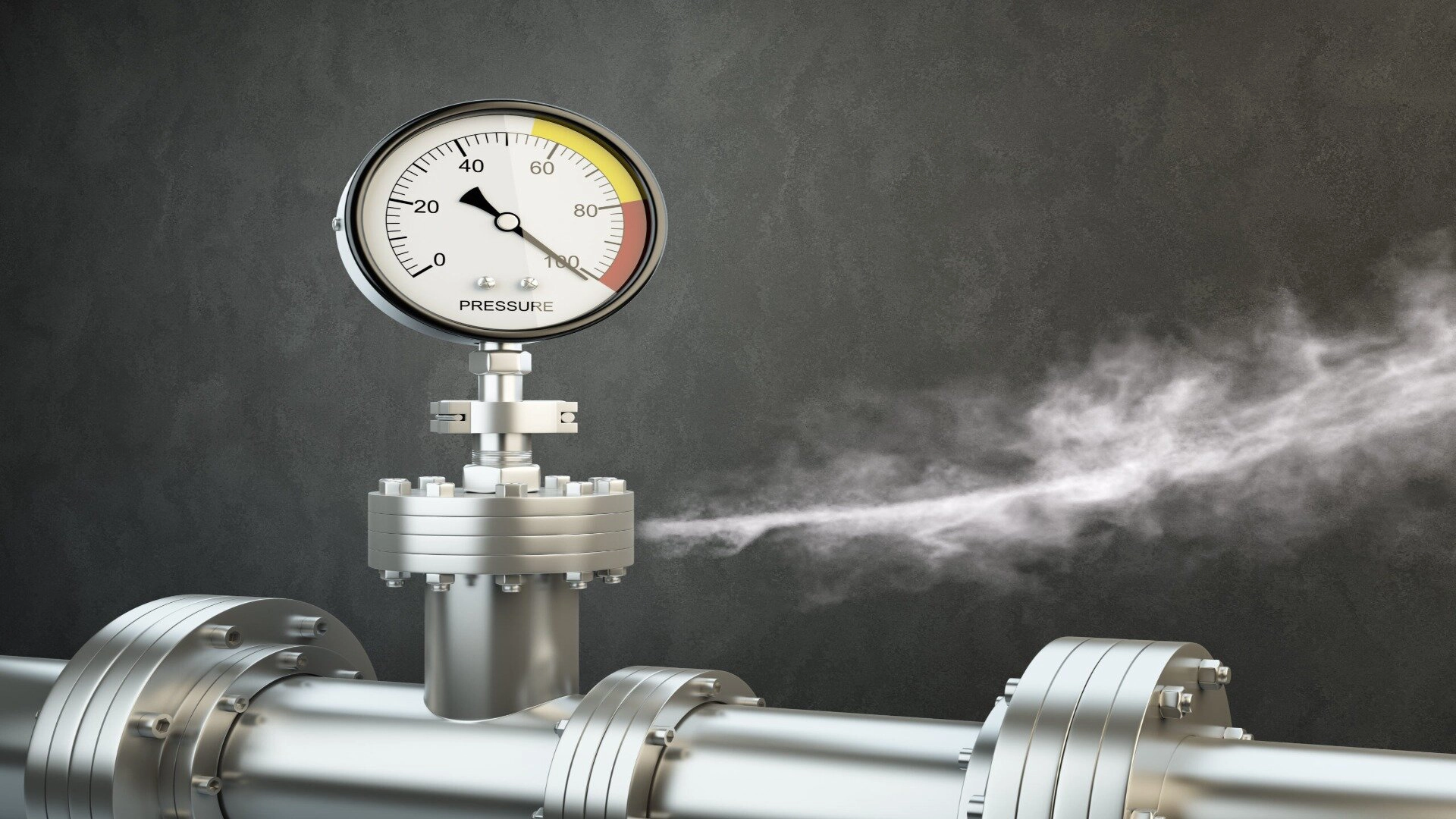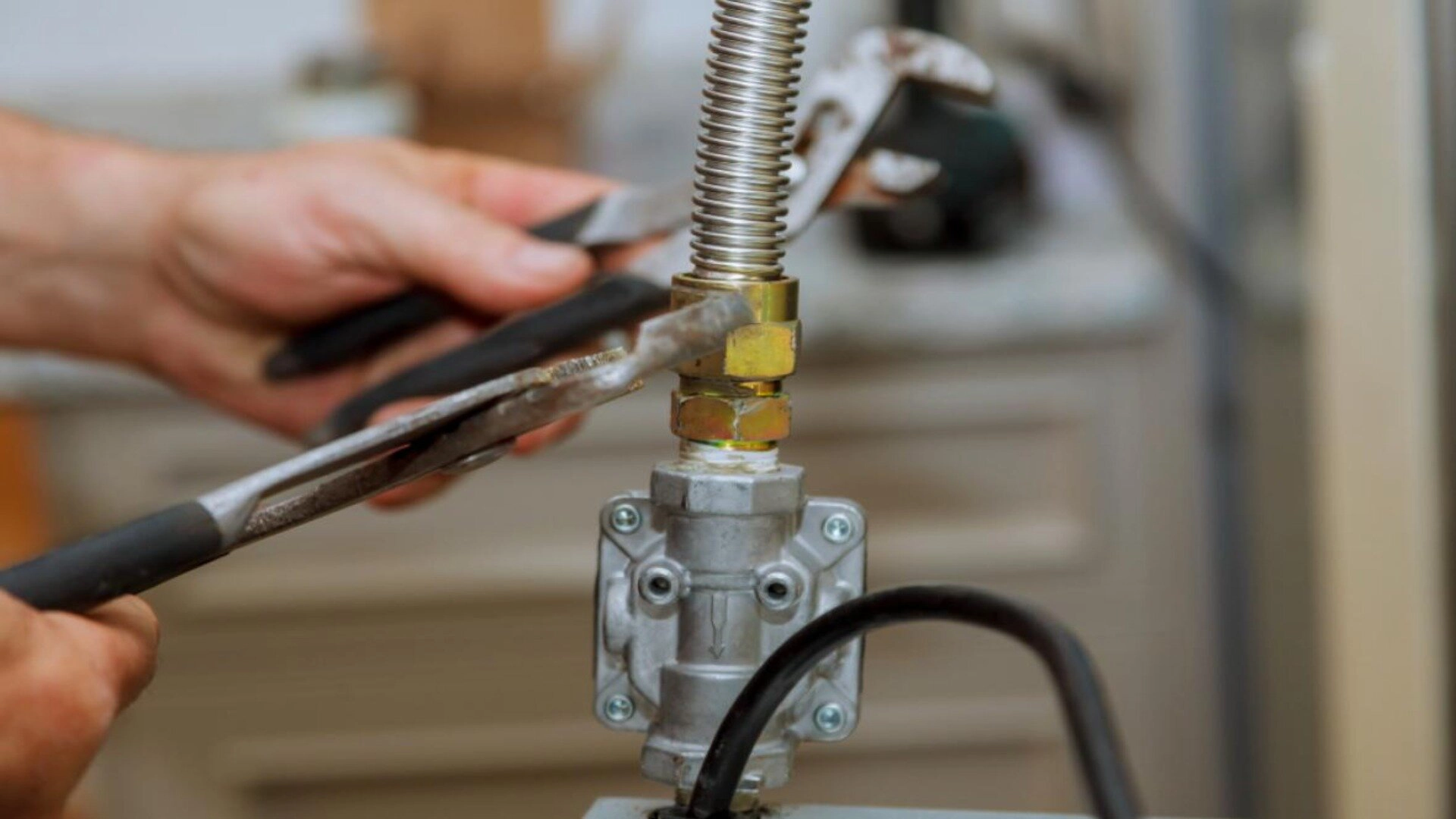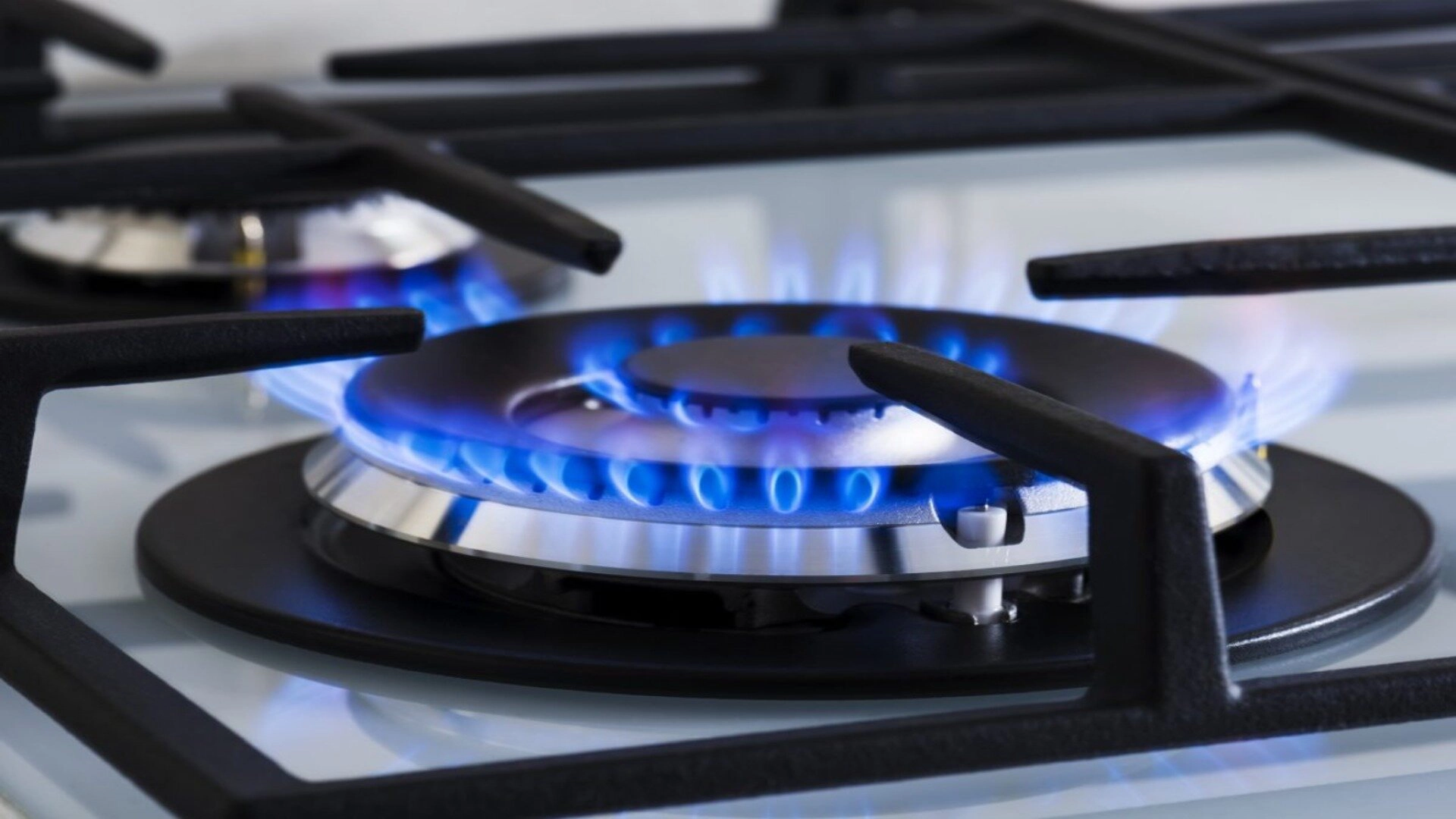How Can You Prevent Gas Leaks at Home? Safety Tips
Unseen and odorous, a gas leak can make your home a hazard. Learn to recognise the signs of a leak, react appropriately, and take steps to prevent it. Ensure your home remains the cosy, safe haven it’s meant to be.

Imagine this: A chilly winter evening. You’re nestled comfortably at home, the water heater providing hot water for a soothing bath, the clothes dryer humming away, and the stove ready to assist in crafting a delightful dinner. What is the common link between these conveniences? Natural gas .
But what if this silent helper becomes a potential threat? Unseen and odorous, a natural gas leak can make your sanctuary a hazard. While efficient and common, natural gas can lead to severe consequences such as fires or even carbon monoxide poisoning, a silent and lethal intruder .
This realisation makes learning to prevent gas leaks more than a handy skill—it becomes necessary for maintaining a safe home. It’s about turning knowledge into action, ensuring the safety of your loved ones and your peace of mind.
So, are you ready to learn the essentials of gas safety, recognise the signs of a leak, and explore preventative measures? If so, let’s explore this guide further to keep your home the cosy, safe haven it’s meant to be.
Causes of Gas Leaks
To understand how to prevent natural gas leaks , it’s crucial first to comprehend the root causes. These can range from the seemingly minor to the glaringly obvious. Below, we explore the various factors that can contribute to gas leaks in your home:
Poorly Fitted or Badly Maintained Gas Appliances
This is one of the most common causes of gas leaks. Appliances such as water heaters, stoves, and clothes dryers, if not correctly fitted or poorly maintained, can develop leaks over time. The fittings and connections may loosen or wear out, allowing gas to escape.
Damaged or Corroded Gas Pipes and Gas Lines
Like all things, gas appliances and their components are subject to wear and tear. As these appliances age, their internal components can deteriorate, leading to potential leaks .
Gas pipes and lines are the arteries of your home’s gas supply system. They transport gas from its source to your appliances. However, these lines can become damaged or corroded over time , leading to potential leaks.

Natural Disasters
Events like earthquakes or severe storms can cause damage to your home’s gas lines and lead to leaks. The physical force exerted by these events can rupture pipes or loosen fittings, allowing gas to escape.
DIY (Do-It-Yourself) Mistakes
While DIY projects can be rewarding, they can also lead to potential gas leaks if not done correctly. Incorrectly installed appliances, mismanaged repairs, or accidental damage to gas lines can result in leaks.
Lack of Regular Inspections
Regular inspections by certified professionals can catch potential problems before they escalate into leaks. Without these routine checks, small issues can go unnoticed and develop into larger problems.
Preventing Gas Leaks
Preventing gas leaks is integral to maintaining a safe and comfortable home. Here are some in-depth preventative measures you can take:
Regular Inspections
Regularly inspect your gas appliances and lines . This practice allows you to identify potential issues before they become serious problems. Look out for any visible damage or irregularities that could indicate a problem .
Professional Servicing
Arrange for a certified professional to service your gas appliances annually. These experts have the knowledge and tools to ensure your appliances are in good working order, which can significantly reduce the risk of gas leaks.

Wear and Tear Check
Over time, gas lines and appliances can degrade, leading to potential leaks . Regularly check these for signs of wear and tear. If you notice any damage, arrange for a professional to inspect and repair it immediately.
Know Your Gas Shutoff Valve
Familiarise yourself with the location and operation of your home’s gas shutoff valve. In the event of a gas leak, quickly turning off the gas supply could help prevent further leakage and potential hazards .
Recognise Signs of a Gas Leak
Educate yourself on the signs of a gas leak. These can include an unusual smell (often described as similar to rotten eggs), a hissing sound near gas lines or appliances, unusually high gas meter readings, or strange pet behaviour. Recognising these signs can help you react quickly and appropriately during a leak.
Carbon Monoxide Poisoning
One of the dangers of gas leaks is carbon monoxide poisoning . Carbon monoxide is a byproduct of incomplete combustion in gas appliances. This gas can build up without adequate ventilation, leading to carbon monoxide poisoning. Symptoms can include headaches, dizziness, nausea, and, in severe cases, unconsciousness or death.
To prevent carbon monoxide poisoning, install carbon monoxide detectors in your home. These devices can detect rising levels of carbon monoxide and alert you to this dangerous situation. Regular maintenance of gas-powered appliances also reduces the risk of carbon monoxide poisoning.
What to Do In Case Of a Gas Leak
Knowing how to respond swiftly and safely is vital in the unfortunate event of a gas leak. Let’s break down the steps you need to follow:
1. Avoid Ignition Sources
If you smell gas or suspect a gas leak, avoid lighting a match, turning on light switches, or using any electrical devices. These actions can cause a spark, leading to a potential explosion if there’s a gas build-up.
2. Evacuate Immediately
Ensure everyone in the house promptly evacuates. Use stairways instead of elevators, which could produce sparks and ignite the gas.
3. Shut Off the Gas Supply
If it’s safe and you know how to shut off the gas supply using the main gas shutoff valve. This can stop gas from leaking into your home further.

4. Ventilate the House
Should it be safe to open doors and windows to allow fresh air in and help disperse the leaked gas, reducing its concentration?
5. Alert the Authorities
Call your national gas emergency number once you and your family are safe from the house. They have the expertise to handle these situations and can dispatch emergency services.
6. Don’t Re-enter Your Home
Only when emergency services have given the all-clear do not re-enter your home. They will ensure your home is safe and gas-free before allowing you to return.
Knowing these steps can help ensure your safety and that of others around you in case of a gas leak. It’s crucial to act quickly and calmly while waiting for professional help.
Stay Safe from Gas Leaks
Gas leaks pose a significant risk, leading to potential fires, explosions, or carbon monoxide poisoning. A gas leak occurs when there is damage or malfunction within the gas system, allowing gas to escape. Installing a natural gas detector can help identify leaks early.
By understanding how to prevent gas leaks, performing routine inspections of gas appliances and lines, and responding during a gas leak, you can help ensure the safety of your home.
Remember, if you suspect a gas leak, your first call should be to the national gas emergency number. Safety should always be your top priority.
for regular maintenance and professional servicing of your gas appliances. Our team of professionals can help keep your appliances in top shape, reducing the risk of gas leaks. Act today and give yourself peace of mind knowing your home is safe.
Learn More About Gas Leak Prevention With Our FAQs
What is a gas leak, and why is it dangerous?
A gas leak is a natural gas leak, most commonly from the pipes and appliances in your home. Gas leaks are dangerous because natural gas is flammable. If it accumulates in high concentrations and comes into contact with a spark or flame, it can cause a fire or explosion.
How can I detect gas leaks in my home?
Several signs can indicate a gas leak. These include the distinctive smell of natural gas, often described as similar to rotten eggs, a hissing or whistling sound near gas lines or appliances, unusually high gas meter readings, or unusual behaviour from your pets. Detecting gas leaks early can help prevent a dangerous situation.
What should I do in a gas leak situation?
If you suspect a gas leak, immediately avoid all potential ignition sources, such as naked flames, electrical switches, and mobile phones. Evacuate your home, and call the national gas emergency number from a safe distance. Do not re-enter your home until it’s been cleared by professionals.
Can I use fire extinguishers in a gas leak situation?
No, using a fire extinguisher can create a spark that could ignite the gas, leading to an explosion. In a gas leak situation, the best action is to evacuate the premises and call the national gas emergency number.
Are there other signs of a gas leak besides a whistling sound and gas smell?
Yes, other signs can indicate a gas leak. These can include dying indoor plants, a visible cloud of dust or mist near your gas line, bubbles in standing water, or an unusually high gas bill. If you notice any of these signs, having a professional inspect your home for a potential leak is best.